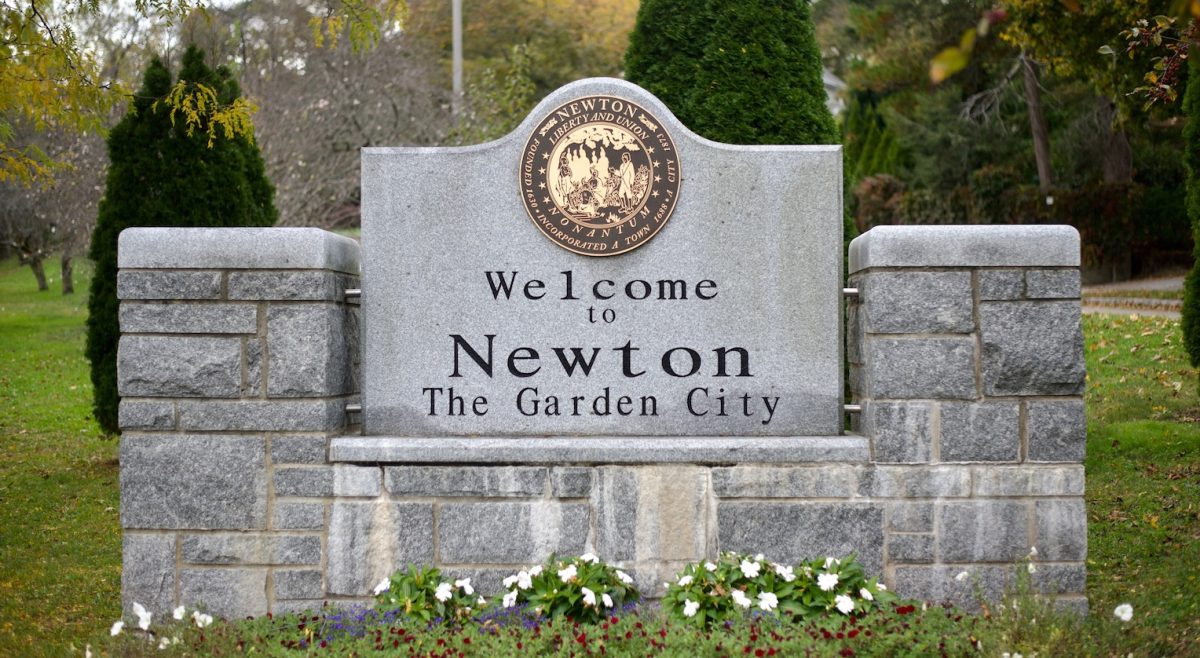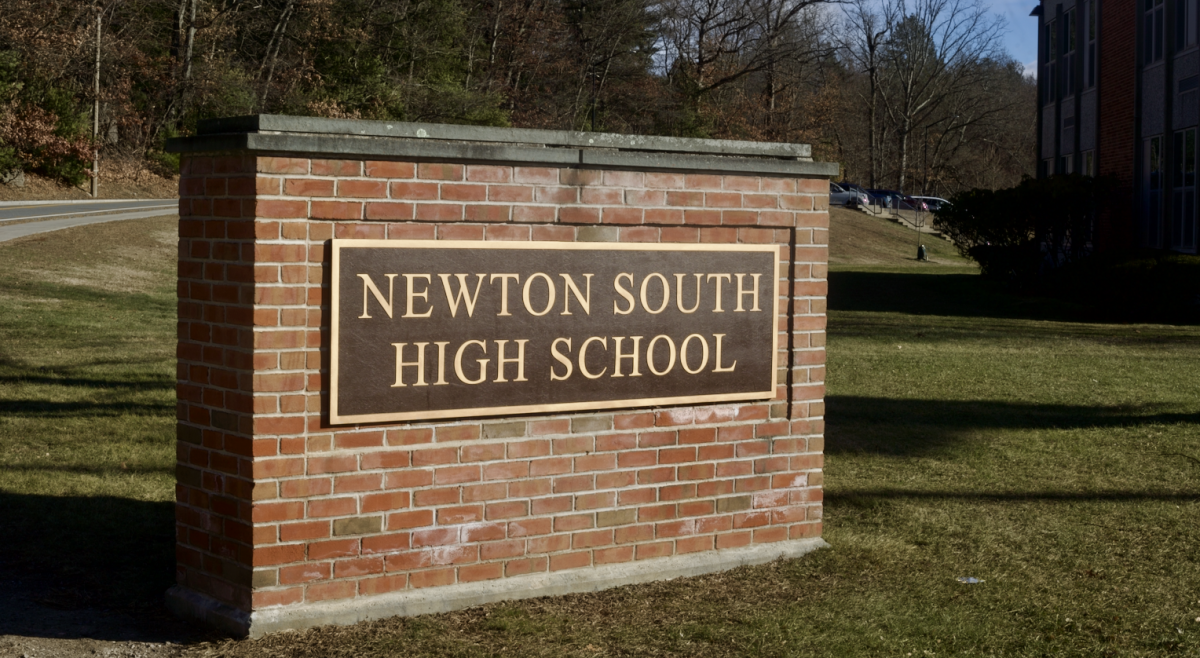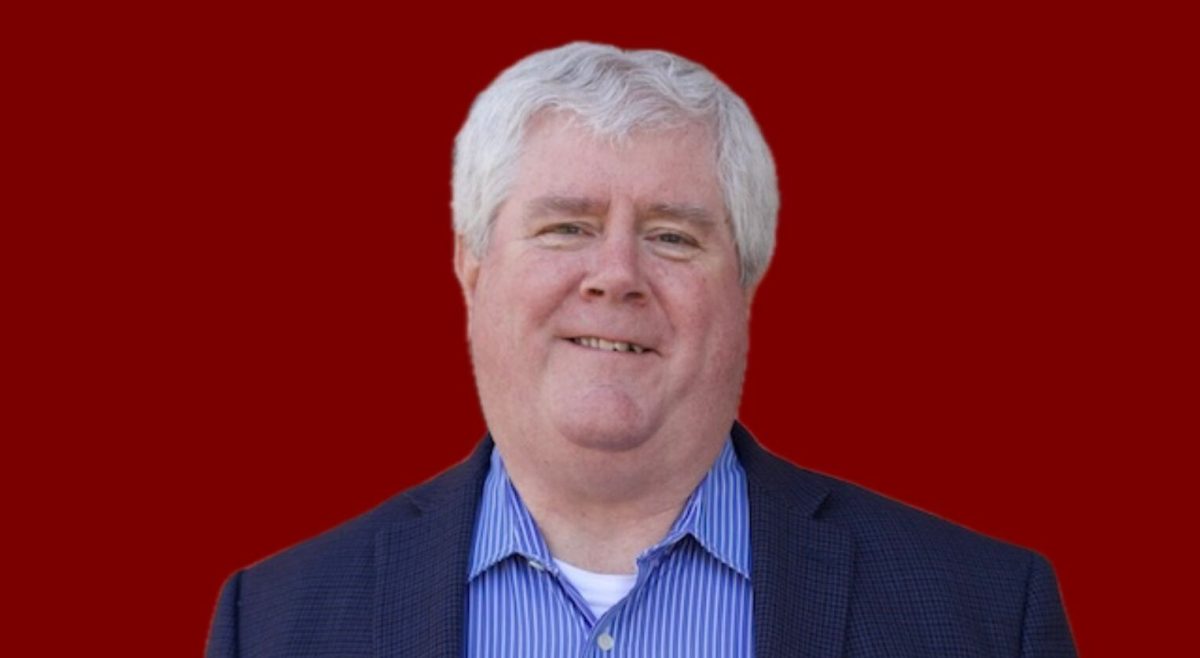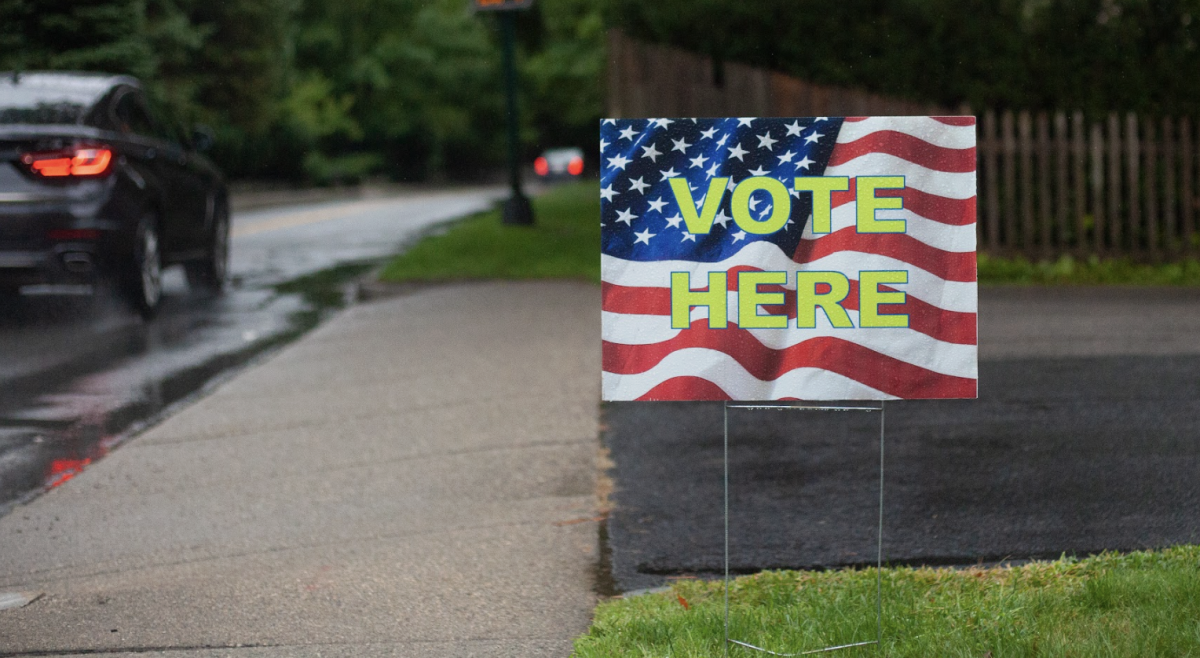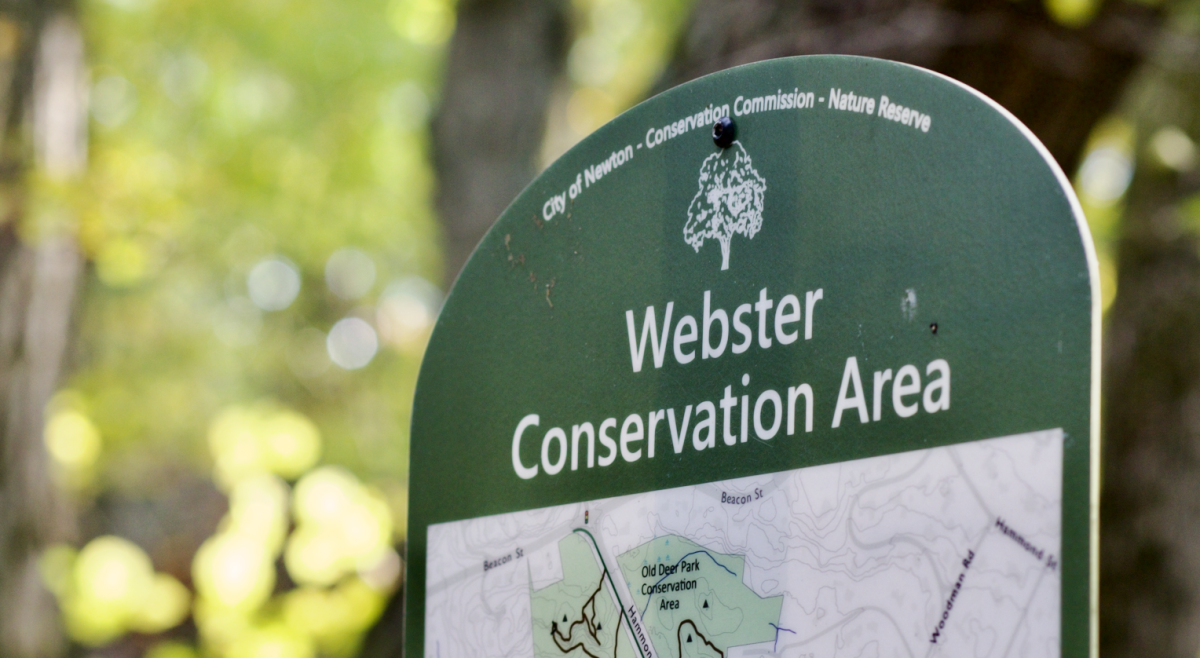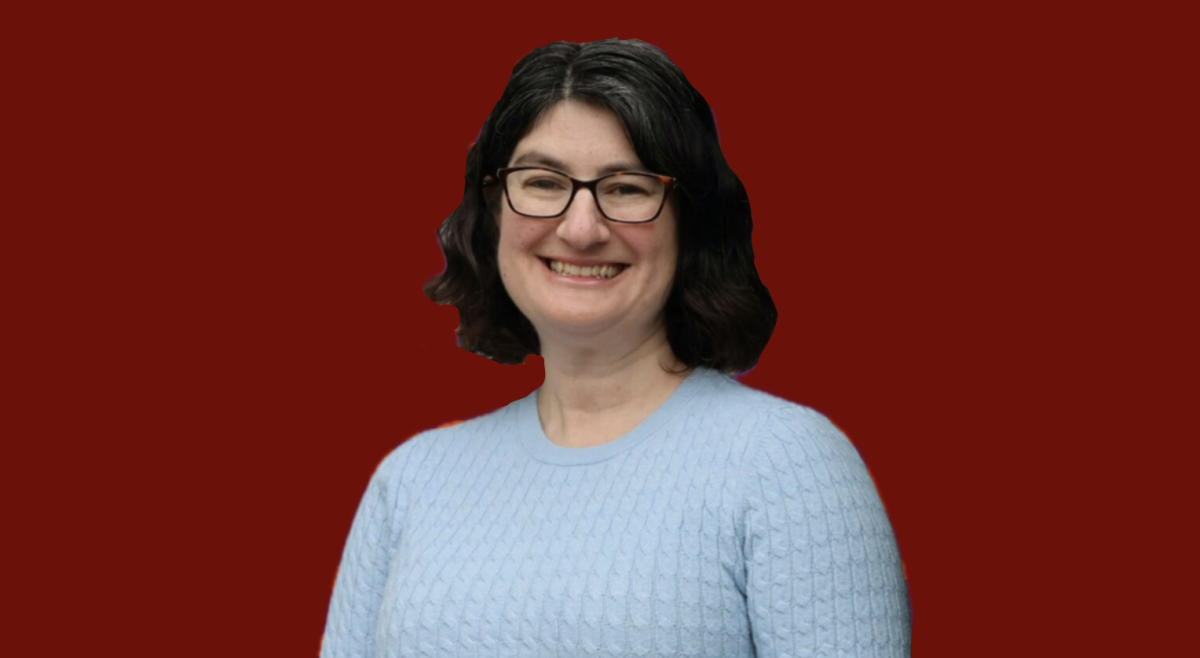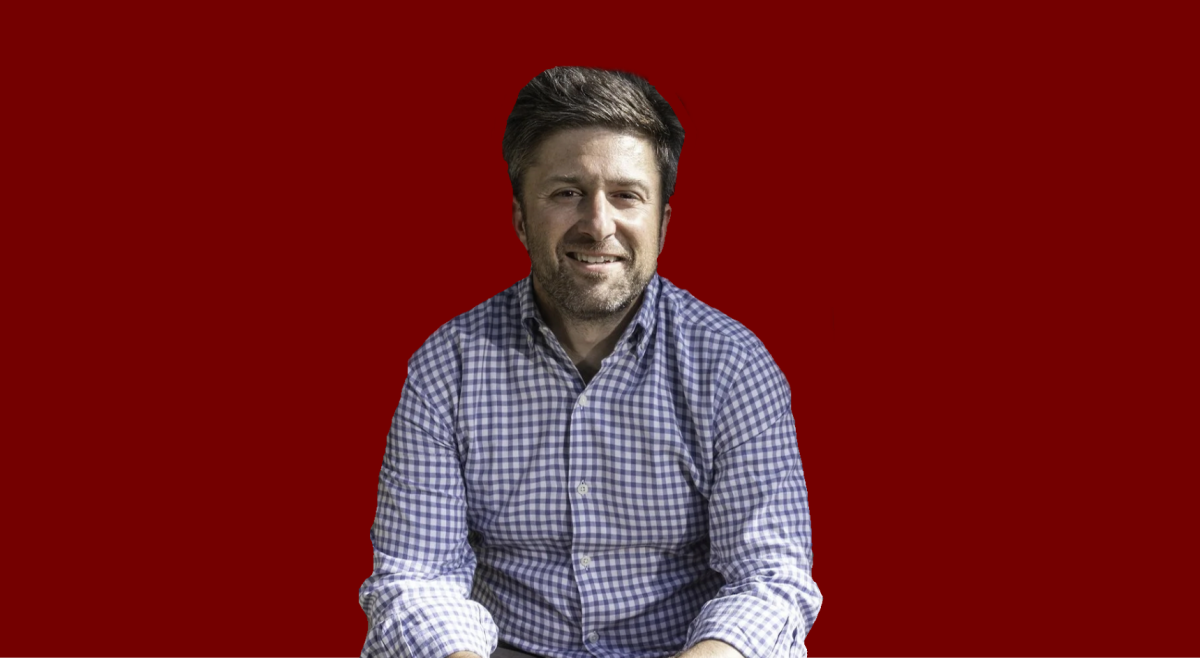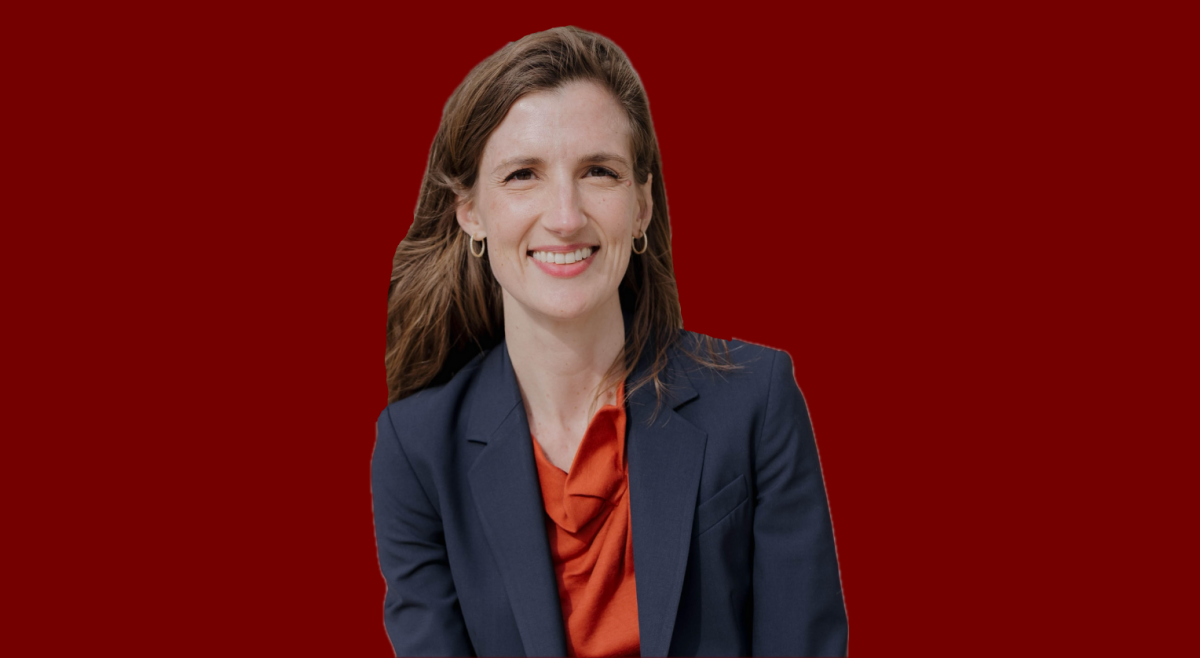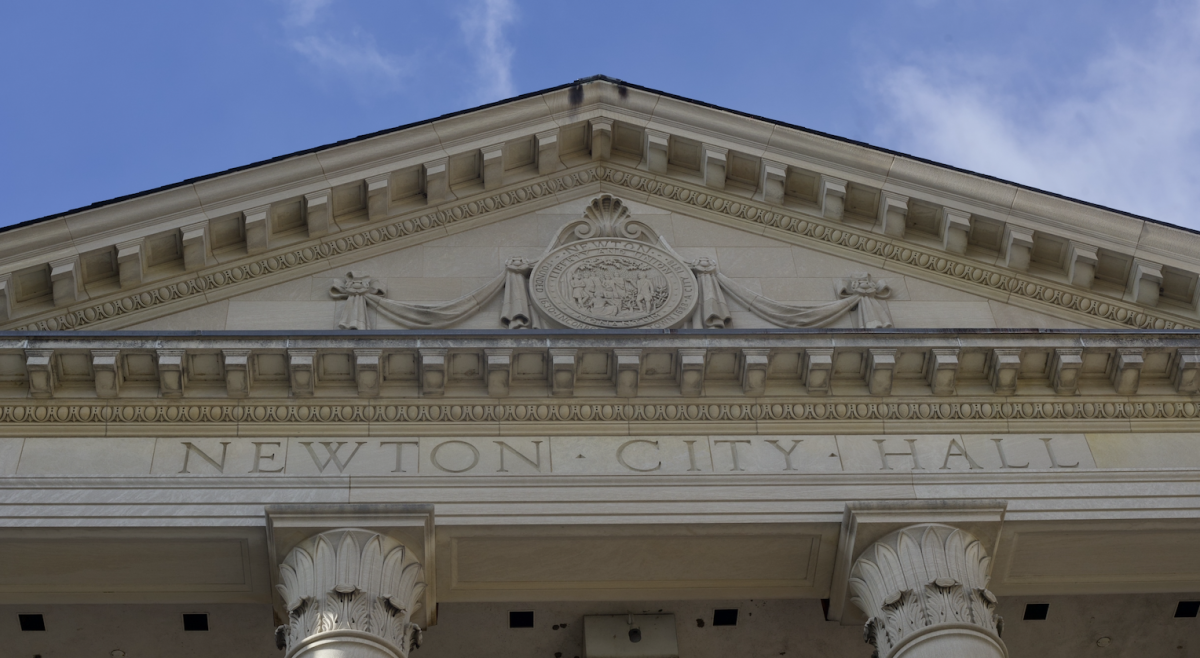Ward Councilor
Bryan Barash is general council to Massachusetts State Senator Harriette Chandler and has lived in Newton since attending Boston College Law. He began his career in politics by working on Barack Obama’s presidential campaign. And now, he is running to be a Ward 2 city councilor. He said his last five years of work drafting and navigating policy with Massachessutes State Senator Harriette Chandler were a tremendous asset, as he’ll be ready to hit the ground running in Newton City Council.
Barash has focused on three key areas in need of improvement, which he said are intertwined: climate, transportation, and housing.
“To me that means recognizing that the issues of climate, transportation, and housing are all intimately tied together and getting that right is something that great modern cities do, and something that Newton needs to do,” he said.
Barash plans to quickly help move Newton toward net-zero carbon emissions. Barash is a supporter of Newton Mayor Rutahnne Fuller’s decision to use 60 percent renewable energy for residential energy customers through Newton Power Choice. According to his campaign website, bryanbarash.com, Barash’s household opted for the 100 percent renewable energy option and encourages greater adoption of this option. On a municipal level, he says Newton can plan for a sustainable future by planning thoughtfully and thinking long term about the types and locations of new developments in Newton.
On a day-to-day level, Barash plans to make Newton more accessible to all citizens, especially the elderly who make up 28 percent of Newton’s population. According to his campaign website, he believes that Newton needs to provide opportunities and services for seniors so they can travel and age without leaving the city. Barash wants to make public transportation more accessible to those who are mobility impaired. Barash also supports the construction of a new senior center that would be more fitting to Newton’s size and resources.
Barash is a vocal supporter of alternate forms of transportation and public transportation as he plans to improve and promote Newton’s public transportation by ensuring that all bus stops are covered and each bus stop has bike racks.
Barash believes he is best suited for the position of city councilor for Ward 2 because he feels he can bring a wide array of diversity of opinion, ideas, and perspectives of Ward 2 to the City Council. Barash plans to bring the community together around a common vision of the key issues of transportation and housing.
“Our part of the city is at a critical time, and we need a voice that is going to represent all of Ward 2,” he said.
Emily Norton, the executive director for the Charles River Watershed, works to clean up the Charles River when she isn’t serving the City of Newton. Norton is the incumbent councilor for Ward 2 having occupied the role since 2014. Norton grew up in Newton, leaving only to attend the University of Vermont and the Harvard Kennedy School of Government.
She was elected to the Board of Alderman, the former name for the City Council, and successfully led the charge to update the name. She is running for reelection because she feels that she has a very strong track record of delivering for Ward 2.
“With me, voters don’t have a theoretical ‘What would it be like if Emily was our city councilor?’” Norton said. “They know what it would be like because they can judge my record over the past six years.”
Norton views development, traffic, and road conditions as important quality of life issues. She serves on the public facilities committee and has supported all budget increases when it comes to investing in Newton’s roads. Norton says that the current state of the roads can be attributed to the lack of maintenance over the years.
“We now have to rebuild roads sooner than we would’ve had to because they were not maintained correctly,” Norton said.
She believes that the increase in development has resulted in more traffic, which is why she has supported small non-profit housing developments. Norton cites that 36 percent of development in Newton from 2014-18 has occurred in Ward 2, and this has led to Ward 2 experiencing the negative effects of the development more than other wards.
Norton led banning single use plastics in Newton and worked to place a restriction on the use of leaf blowers in Newton. Norton introduced the concept of Newton Power Choice, filed legislation that commits Newton to using 100 percent Renewable Energy by 2050, and had an ordinance passed that divested city investments from fossil fuel stocks.
Norton states that her electability stems from her track record and her toughness. She said she has pushed back against developers at the local level in her time as a city councilor, in addition to standing up to fossil fuel companies while at the Sierra Club.
“I’m not going to be intimidated by folks pressuring me to do something that people with a lot of power and money want me to do,” Norton said.
Councilor-at-Large
Tarik Lucas is a royalty specialist for the Harvard University Press and has been a resident of Newton, as a renter, for about a decade. Lucas grew up in Brookline where he attended Brookline Public Schools. Lucas has been active in the Newton community—he was elected to the Newtonville Area Council in 2017 and appointed to the Newtonville Historic District Commission in 2018.
Lucas moved to Newtonville in 2009 in order to live in a place with more open areas and more green space. He is a strong proponent of adding to and protecting Newton’s open spaces. Additionally, Lucas wants to see that the recreational playing spaces are maintained for both youth and adult recreational leagues.
Lucas’s primary concerns for Newton stem from his door-to-door conversations he has with residents. He said that when he goes door-to-door, the first thing that people ask or tell him about is that they are concerned with the current and upcoming developments in Newton. Lucas says that Newton residents are concerned with everyday issues like traffic and road management. Lucas said that the “condition of the roads are terrible and not properly managed.” Lucas states that his appeal to the Newton voter is that he will be a true voice for the residents of Newton.
Lucas says he was inspired to run for a councilor-at-large position due to the “size, speed, and scale” of the recent and proposed housing, commercial, and mixed-use developments in Newton.
“Newton City Council is not properly vetting these large projects and not being a true voice to the residents of Newton,” Lucas said.
He said he believes in the reasonable development of Newton and that new developments in Newton should adhere with the existing style and architecture of the area. According to his website, he plans to “make sure that the City’s Zoning Reform protects all residents, including current renters in Newton.”
Jennifer Bentley is a director of marketing for an architecture firm and a 20-year resident of Newton. Her experience in architecture would be an asset if she were to win the councilor-at-large position, Bentley said, as she understands zoning, can read building plans, and has worked with developers on many occasions.
She was inspired to run for City Council due to the rapid development that has occurred in Newton in recent years.
“I am not pleased with the direction the city is going, and I felt that I needed to run in order to make a real difference in the city,” Bentley said. “I just want to ensure that Newton remains a great city for me and my family to continue to live in.”
Bentley said that she is concerned with the proposed development in Newton—the speed, size, and scale of building projects are too big for the neighborhoods where they are proposed to take place, she said. Bentley said that the decisions to approve and move ahead with the projects have not been made from a holistic perspective.
She said that the City Council hasn’t done enough to examine how development is going to affect the city. Bentley is concerned that the increase in units will have a profound influence on Newton’s infrastructure, specifically Newton’s schools, police, and roads, and Newton does not have the necessary systems in place to handle all of the consequences that will accompany the new housing developments, she said. Bentley feels that an overall improvement of infrastructure must occur in order to allow for such developments to have a positive impact on Newton.
Bentley wants to go further than the current City Council in environmental work. She supports a total ban of polystyrene in foodware, according to her website. Bentley is a supporter of an expansion of organic waste and composting curbside pickup.
“Solar panels in parking lots and on public buildings, green energy credits, electric car charging stations, and the Lime Bike program are all great starts that I would like to expand upon if elected.”
She said that when she’s knocking on doors in Newton, residents are frustrated.
“The current council does not seem to be listening to the residents,” she said.
The current council is too pro-density and pro-development for Newton’s good, she said, but she will push back against developers.
“I don’t feel shy about speaking up, I can give those residents who are concerned about reasonable development a voice on City Council,” Bentley said.
Jake Auchincloss is a former senior manager at Liberty Mutual’s innovation lab and is an incumbent city councilor-at-large. At Liberty Mutual, he helped Fortune 500 companies make risk solutions and plan to adapt for a future where transportation is not primarily driven. He recently stopped working at Liberty Mutual in order to run for the U.S. House of Representatives representing the District 4 in Massachusetts. He has lived in Newton for most of his life.
Auchincloss’s key issue is transportation, and he has written extensively on the issue—in fact, he has written for WickedLocal, CommonWealth, and Data-Smart City Solutions. All articles and op-eds can be found on his campaign website. He stated that the City of Newton doesn’t have a comprehensive transportation agenda.
“We need to be planning in partnership with other cities and towns, in partnership with state agencies and as a city for a future that is more walkable and has more transit,” he said.
He is a strong proponent of the local bus system, and he views it as cheaper and more flexible solution to the fixed rail. Auchincloss has been an advocate for protected bike lanes and other transit solutions at the local level. He states that road and bridge repair can be accomplished by supplementing state aid with local-option gas taxes.
Auchincloss is a supporter of environmental sustainability and believes that Newton must become a more sustainable city. He is a strong proponent of solar-panel installations on public sites and greener development standards, and he wants a ban on plastic bags and styrofoam. He said that Newton should purchase and use renewable energy. Auchincloss is also in favor of stormwater fees in order to encourage on-site treatment. He is a constant vote in favor of Green Newton priorities.
Auchincloss is cognizant of the rapid development in Newton and said he will be a tough negotiator with land developers to create affordable housing. Auchincloss serves on the Land Use Committee in order to ensure affordable and diverse housing stock. He said that developers should be responsible for reducing car-trips in major projects.
“I have negotiated with developers to ensure they have skin in the game,” he said.
He attended Newton Public Schools as a child and has stood up at City Hall for the teachers, rejecting a pay raise until teachers’ pay increased, he said. He is in favor of expanding Pre-K and Kindergarten programs.
Auchincloss believes his electability is rooted in his knowledge of the issues and positive track record on education, development, and sustainability.
Susan Albright runs her own business that supports medical schools with software that she developed. She is a lifelong resident of Newton and a 16-year member of Newton City Council. Albright said that her wide knowledge of the City Council makes her a valuable staple.
The overarching goal of Albright’s work is to help mitigate climate change. In order for Newton to become more climate friendly, she is in favor of increased housing in village centers. This would make Newton more walkable and would call for more environmental zoning. Albright supports electrifying the buildings in Newton, therefore reducing their reliance on fossil fuels. Furthermore, Albright supports an increase in public transportation.
“I want to help Newton come into the 21st century and mitigate climate change by doing all the things that it requires,” she said.
Albright is also concerned with the upcoming budget squeeze that Newton will be facing within her next term. The City of Newton has an obligation to pay a certain amount of money from their reserve into their pension fund by 2040. Currently, Newton pays a sum of money annually and increases the sum by 9.5 percent each year. In 2019, Newton is slated to dedicate $28 million to the fund.
“I am very concerned about the current residents, I know we have to make up for the folly of the past but I feel badly that the current residents are going to have to pay for that,” Albright said.
What concerns Albright the most is that, with the budget squeeze, Newton may not be able to provide the services and projects it wants to, and in the manner it desires, due to the amount of money required for the pension.
“I have shown that I can take on a controversial matter and work it through as a proposal to an ordinance,” Albright said.
She cited her installation of seven leash-free zones for dogs, which she helped create during her first term on City Council. More recently, she developed the Welcoming City ordinance, which declares Newton as a sanctuary city. Albright said that both issues caused quite a bit of controversy—nevertheless, she was able to pass both ordinances.
Graphic by Ikram Ali / Heights Editor








